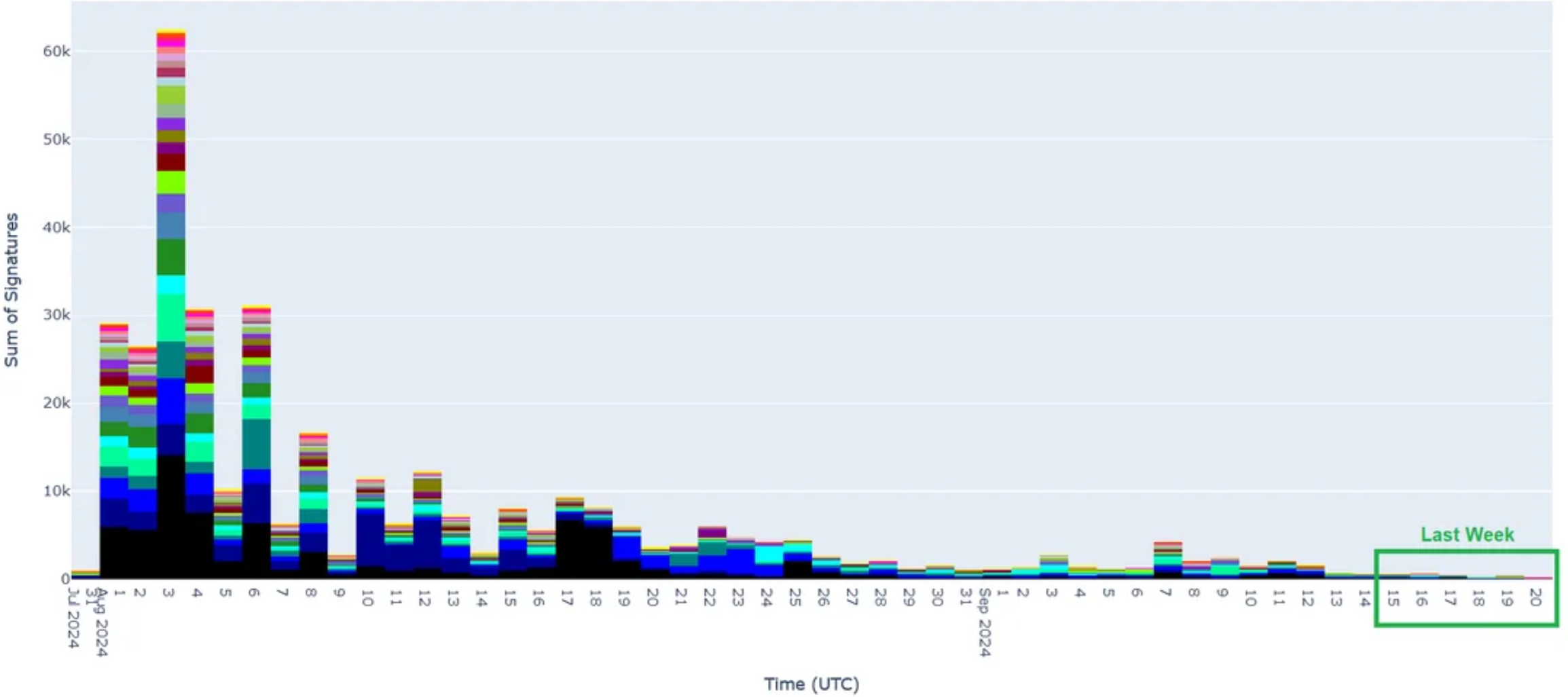It is at 361,826 out of 1,000,000 signatures with the remaining trickle after the initial spike nowhere near the pace needed to hit the mark before the 31st of July 2025.

I interpret the state of Ross Scott’s SKG campaign like this:
It’s pretty clear that democratically speaking, we do not object to companies arbitrarily removing access to purchased video games. Only a minority objects to it.
While it will stay up and get more signatures, there will ultimately be no follow-through to this campaign. The reality is that it’s not politically sound, it’s not built on a foundation of a real public desire for change. In other words, voters don’t want it. You might, but most of your family and friends don’t want it.


It’s more like “people don’t know about the issue, or how it affects them, as they’re busier with their everyday lives”. This happens a fair bit.
Additionally, the graph shows that the movement had huge fervour at the start but then lost steam. So:
EDIT: can someone convince PewDiePie to at least talk about the campaign?